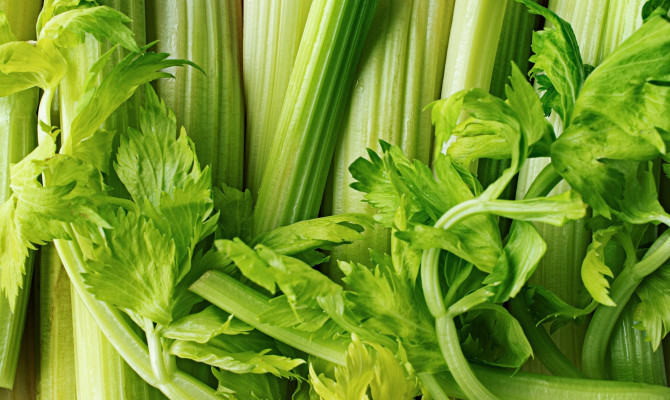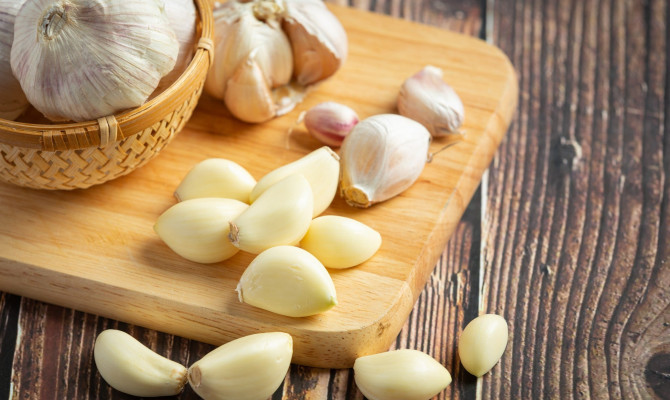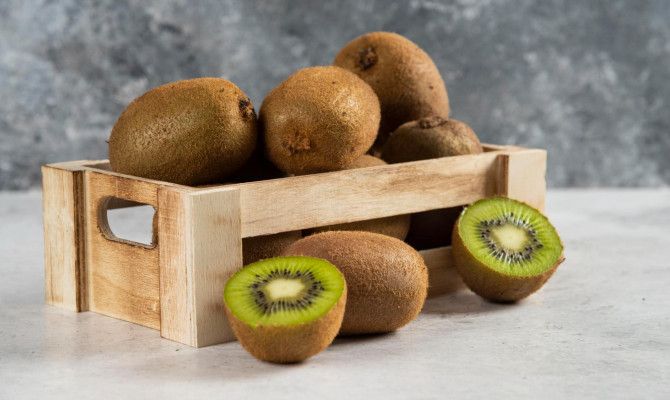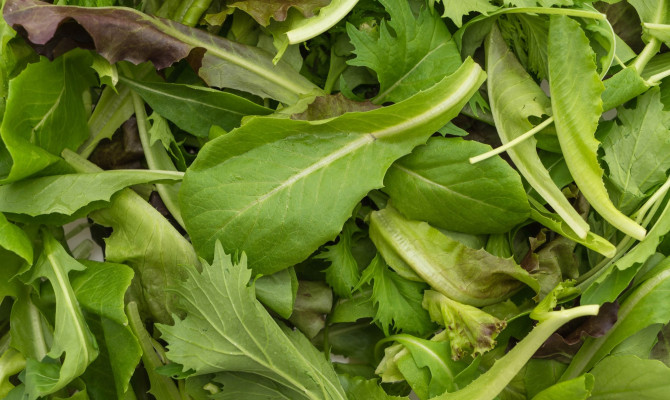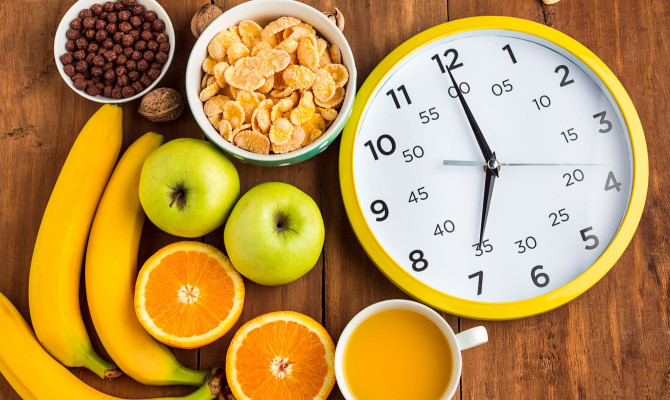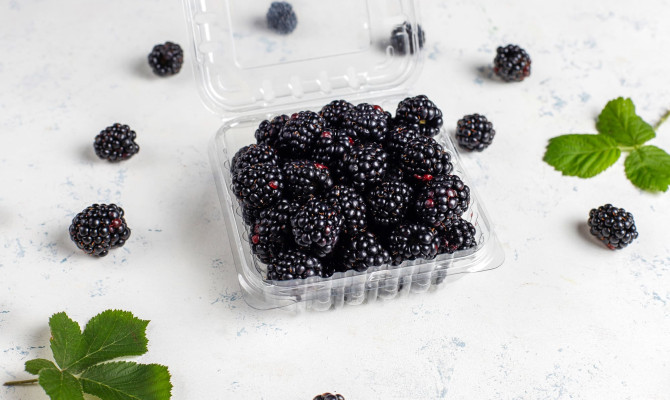Boysenberry : Berries with Benefits

- Boysenberry
- 17 Aug 2023
Overview
What is Boysenberry?
Boysenberry is a plant’s fruit that is believed to be a cross between a blackberry and a raspberry. These fruits are comparatively large, deep maroon or reddish black, and have large seeds. Boysenberries are a delicious addition to the diet of any fruit lover thanks to their deep purple color and rich, sweet-tart flavor. In addition to being delicious, these berries have several health advantages.
The nutritional content of boysenberries, various health benefits, potential side effects, how to select fresh and ripe boysenberries, and precautions to consider when consuming them will all be covered in this article.
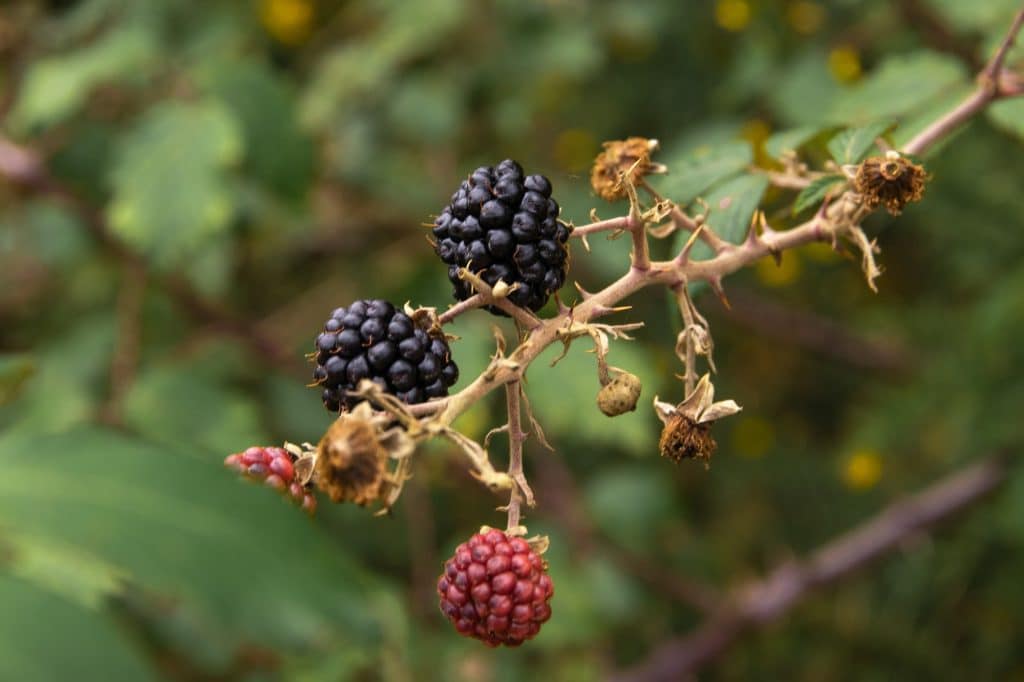
Key Facts
- Rudolph Boysen, a gardener from Anaheim, California, created the boysenberry in the early 1920s, giving it its name.1Overview| Researched based study from Britannica.com
- Rubus ursinus × R. idaeus is its scientific name.
- They belong to the family Rosaceae, the family of roses2Overview| Researched based study from Rhs.org.uk
- Boysenberries can grow in Mediterranean, subtropical, or temperate regions.3Overview| Researched based study from Growplants.org
Nutrition
Nutritional values of Boysenberry
Due to their high concentration of necessary vitamins, minerals, and antioxidants, boysenberries have an exceptional nutritional profile. Unsweetened, unthawed, one-cup serving (132 grams) of boysenberries 4Nutrition| Researched based study from Nutritionvalue.org contains:
- Water – 113.39 g
- Calories – 66 kcal
- Carbohydrates – 9.09 g
- Fat – 7 g
- Fiber – 1.6 g
- Protein – 1.45 g
Minerals
- Potassium – 183.48 mg
- Phosphorus – 35.64 mg
- Calcium – 35.64 mg
- Magnesium – 21.12 mg
- Sodium – 1.32 mg
- Iron – 1.12 mg
- Manganese – 0.72 mg
- Zinc – 0.29 mg
- Selenium – 0.26 µg
- Copper – 0.11 mg
Vitamins
- Vitamin C – 4.1 mg
- Thiamin – 0.07 mg
- Riboflavin – 0.049 mg
- Niacin – 1.012 mg
- Pantothenic acid – 0.330 mg
- Vitamin B6 – 0.074 mg
- Folate – 83.16 µg
- Vitamin A – 3.96 µg
- Vitamin E – 1.15 mg
- Vitamin K – 10.3 µg
Other nutrients
- Choline – 13.5 mg
- Lutein and zeaxanthin – 155.76 µg
- Beta carotene – 52.80 µg
Health benefits
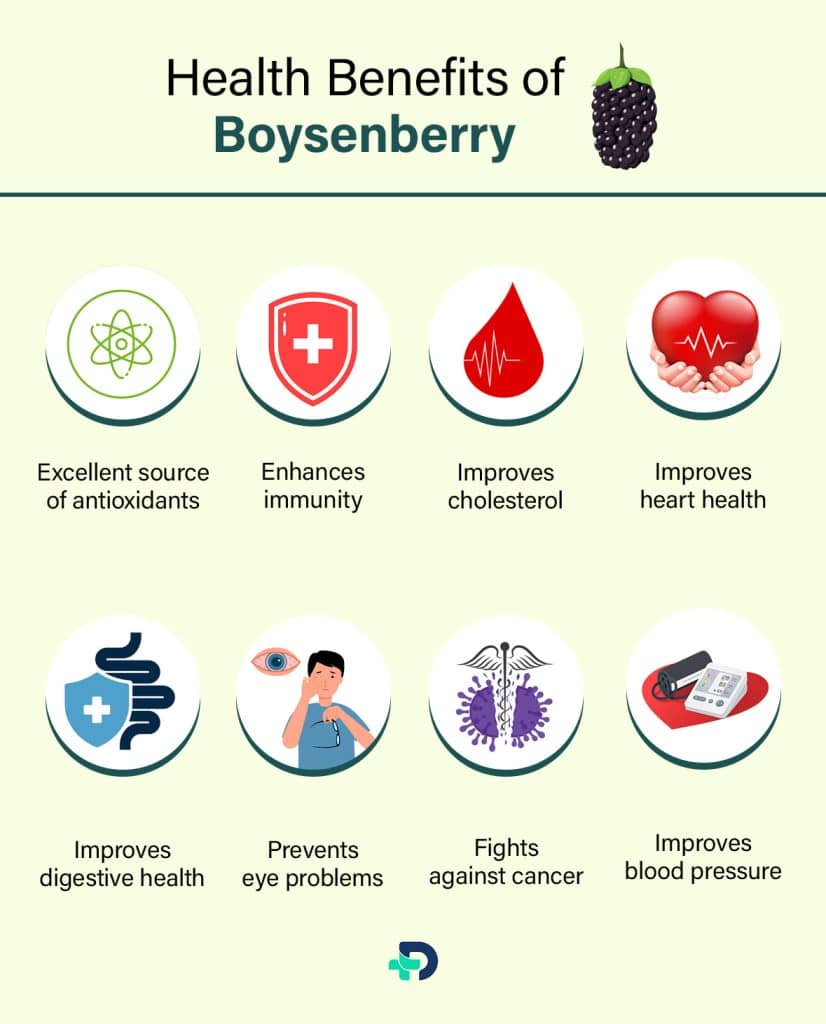
Health benefits of Boysenberry
Boysenberry benefits are many for health and may include the following:
- Gives ample of antioxidants
- Enhances immunity
- Decreases blood pressure
- It helps improve cholesterol level
- Improves heart health
- Improves digestive health
- Prevents eye problems
- Fights against cancer
Excellent source of antioxidants
- Boysenberries are rich in antioxidants such anthocyanins, which are responsible for their vibrant color.
- They may help lower the risk of long-term illnesses, including cancer, heart disease, and neurological problems, by protecting the body from cellular damage by free radicals.
- A study found that boysenberry seed oil extract has the highest ability for oxygen radical absorption when compared to other cold-pressed oil extracts from marionberry, red raspberry, and blueberry.5Health benefits| Researched based study from Nlm.nih.gov
Enhances immunity
- Boysenberries are rich in vitamin C, which helps to maintain a healthy immune system by boosting white blood cell production and enhancing the body’s resistance to diseases and infections.6Health Benefits| Researched based study from Nlm.nih.gov
Improves blood pressure and cholesterol
- Berries’ anthocyanin helps individuals with high blood cholesterol levels by reducing inflammation, lowering blood pressure, and improving blood cholesterol levels.7Health Benefits| Researched based study from Nlm.nih.gov
Improves heart health
- Boysenberries are suitable for the heart because they are high in anthocyanins.8Health Benefits| Researched based study from Nlm.nih.gov ,9Health Benefits| Researched based study from Nlm.nih.gov
- The antioxidants and flavonoids in boysenberries may help lower the risk of heart disease by protecting against oxidative stress and inflammation, while their fiber content aids in maintaining healthy cholesterol levels.
Improves digestive health
- Boysenberries’ high fiber content aids with regular bowel movements and prevents constipation, which supports a healthy digestive tract.10Health Benefits| Researched based study from Aoa.org
- In addition, the delicate natural sugars in boysenberries make them a good choice for those who experience stomach discomfort.
Prevents eye problems
- Boysenberries are full of minerals that are good for the eyes, including beta-carotene, lutein and zeaxanthin, vitamin C, vitamin E, and zinc, which lowers the chance of developing age-related macular degeneration and cataracts, two primary eye conditions.4Nutritionvalue.org| Researched based study from Nlm.nih.gov ,11Health Benefits| Researched based study from Mayoclinic.org
Fights against cancer
- Boysenberries, like many other berries, contain significant amounts of ellagitannins and ellagic acid 12Health Benefits| Researched based study from Nlm.nih.gov and have been proven in studies they have the potential to prevent and fight against human cancer along with other medications. 13Health Benefits| Researched based study from Nlm.nih.gov
Usage
Usage of Boysenberry
Boysenberry culinary uses
- Boysenberry syrups, jams, and wine can be created from these berries or consumed raw.
- Boysenberry pies can also be made using it.
- Three simple ingredients—boysenberries, sugar, and lemon juice—can be used to make boysenberry syrups.
- For the finest flavor and quality, eat boysenberries soon after buying them.
- You can freeze boysenberries, thaw them out later, and utilize them like fresh berries.
How to choose them?
Look for Vibrant Colors
- Pick boysenberries that are a rich, deep purple color. Berry that is dull, discolored, or displays mold growth should not be consumed.
Firmness
- Gently press the berries to check for firmness. Ripe boysenberries should be plump and slightly soft without being mushy.
Fragrance
- A pleasant, fragrant scent is a reliable sign of ripe boysenberries. Berries with an unpleasant or sour aroma should be avoided.
Check the Container
- When buying boysenberries that have already been packaged, be sure the packaging is unbroken and dry because moisture might cause the fruit to rot.
Storage
- Boysenberries should be kept in the fridge, ideally in a shallow container or on a tray covered with paper towels to soak up extra moisture.
Side effects
Side effects of Boysenberry
Boysenberry side effects may include
- Swelling
- Itching
- Abdominal discomfort
Precautions
What precautions one should take while having Boysenberry
- Like any other berries from the same family, boysenberries may cause allergies in some people and people experiencing any allergic symptoms should immediately consult a doctor.
- If boysenberries were cultivated commercially, they might include pesticide residues like any other fruit. Choosing organic boysenberries and adequately washing and immersing them before eating is best to reduce the risk.
- Like other fruits, boysenberries have natural sugars. Boysenberries should only be consumed in moderation and accordance with a person’s diet plan if they have diabetes or are watching their blood sugar levels.
- They must be consumed fresh within a few days of purchase because the growing season is brief, and they aren’t very stable once picked.
- Within a few days following harvest, mature fruits might begin to rot and quickly spill juice.
- To avoid early spoilage, wait before washing the berries are ready to eat.
Bottom Line
The bottom line
Boysenberries are an ideal addition to any well-rounded diet because of their outstanding nutritional profile and various health advantages. However, it is essential to use caution and pay attention to possible allergic responses and blood sugar management for people with diabetes. Boysenberries have a delicious flavor and many health benefits, and people can enjoy them while reaping these benefits by choosing, preserving, and eating them according to the instructions.
Any feedback on this article?
 This Articles content was accurate
This Articles content was accurate Very Informative Article
Very Informative Article I have a question or a comment
I have a question or a comment
 This article contains inaccurate content
This article contains inaccurate content This article was not helpful
This article was not helpful I have a question or a comment
I have a question or a comment
We appreciate your helpful feedback!
Checkout our social pages
References
-
Britannica
boysenberry | Overview
-
The Royal Horticultural Society
Rubus boysenberry, thornless | Overview
-
Grow Plants
Boysenberry plant | Overview
-
NutritionValue
Boysenberries, unsweetened, frozen | Nutrition
-
National Library of Medicine
Fatty acid composition and antioxidant properties of cold-pressed marionberry, boysenberry, red raspberry, and blueberry seed oils| Health Benefits
-
National Library of Medicine
Vitamin C and Immune Function | Health Benefits
-
National Library of Medicine
Purified anthocyanin supplementation improves endothelial function via NO-cGMP activation in hypercholesterolemic individuals | Health Benefits
-
National Library of Medicine
Berry anthocyanin intake and cardiovascular health | Health Benefits
-
National Library of Medicine
Boysenberry polyphenol inhibits endothelial dysfunction and improves vascular health | Health Benefits
-
AMERICAN OPTOMETRIC ASSOCIATION
Diet and Nutrition | Health Benefits
-
Mayo Clinic
Dietary fiber: Essential for a healthy diet | Health Benefits
-
National Library of Medicine
Ellagic Acid: A Review on Its Natural Sources, Chemical Stability, and Therapeutic Potential | Health Benefits
-
National Library of Medicine
Research progress on the anticarcinogenic actions and mechanisms of ellagic acid | Health Benefits
















